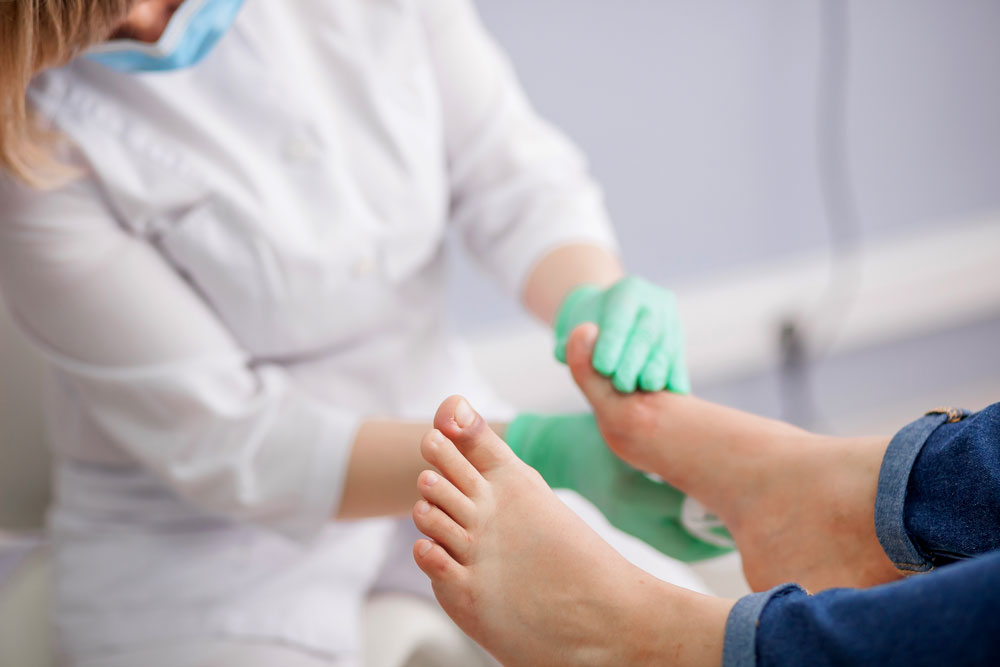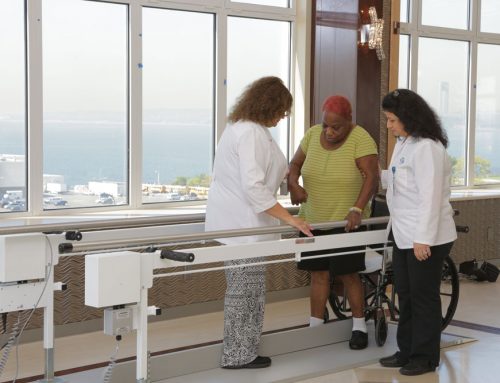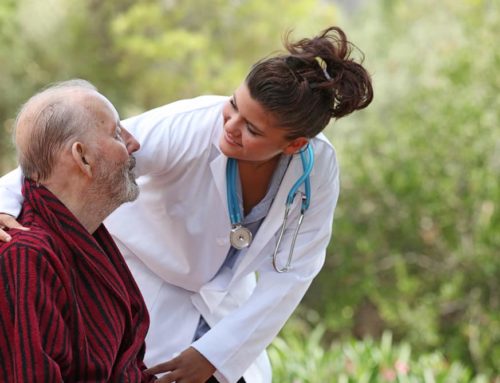Bone infections, also called osteomyelitis, can occur if fungi or bacteria get into a bone. A deep cut or wound can lead to infections in nearby bones. Such infections, which spread to the bones via the blood stream, can affect young and old alike. In children it tends to be the long bones of the arms and legs that are affected. Adults, on the other hand, can have problems in the hips, spine, and feet.
Haym Salomon Home For Nursing & Rehabilitation in Brooklyn NY is experienced at treating infections and infectious diseases. Our skilled medics are well versed in bone infections, how to treat them, and how to prevent infections after surgery. We pride ourselves on the thorough and controlled way in which we carry out top quality patient care. This includes rehabilitation after amputation and after hip and knee replacements.
Here are some frequently asked questions:

How Serious Are Bone Infections?
Bacteria can enter a surgical site, penetrate to the bone, and overpower your immune system, so these infections are serious. This is particularly the case in elderly and frail patients with underlying health conditions.
Most such infections are treatable, but it’s important to diagnose them early. Chronic bone conditions take longer to treat and heal, especially if they require surgery. In the worst-case scenario, there might be a need to amputate an infected bone.
Can Bone Infections Come Back?
These infections are more likely to recur in patients with diabetic disorders that affect blood supply to the bones. Likewise, if recovered patients develop trauma around the tissue next to the bone, that could lead to re-infection. Infections can also recur if they are not properly treated and monitored.
If you have sickle cell disease, infected artificial joints, or if you smoke, your risk of a recurrent infection increases. Doctors may carry out tests such as bone scans, throat swabs, and stool analysis to check for bacteria.
How To Prevent Them?
There are some simple things you can do to prevent, or minimize, the risk of a bone infection. For instance, ensure that nurses adopt a thorough cleansing routine for cuts or open wounds. If you notice a wound not healing as it should, seek medical advice to prevent the chance of infections.
If you’ve had an amputation, it’s vital that you get the amputation site cleaned before attaching a prosthesis. Be sure to use the right footwear and protective equipment to prevent bone infections when running or participating in sports.
If you’ve had surgery and you are concerned about the risk of infections, look no further than Haym Salomon Home. Our friendly staff are adept at preventing and managing bone infections and making sure they don’t come back.
Contact us today to find out more about our care and therapy services. We are here to answer any questions and concerns you may have. Call us or walk in to talk to us one-on-one. We are very happy to help.
This content comprises informative and educational resources only and can not be considered as a substitute for professional health or medical guidance. Reliance on any information provided in this article is solely at your own risk. If you have any inquiries or apprehensions about your medical condition or health goals, talk with a licensed physician or healthcare provider.






Leave A Comment